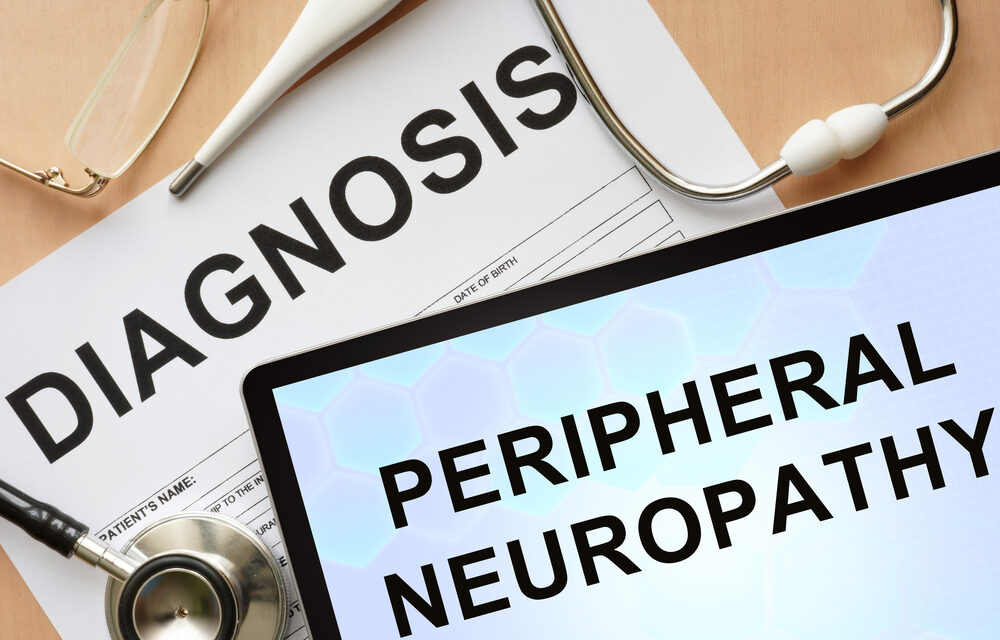According to the National Institute of Neurological Disorders and Stroke (NINDS), peripheral neuropathy is one of many conditions that involve damage to the peripheral nervous system that transmits signals between the central nervous system (the brain and spinal cord) to all other parts of the body.
“Peripheral nerves send many types of sensory information to the central nervous system (CNS), such as a message that the feet are cold,” says Jonathan McDonell of Buffalo Advanced Medical Acupuncture (BAM). Also, different types of signals can affect our heart and blood vessels, digestion, urination, sexual function, bones, and immune system.
Symptoms of neuropathy range from mild to disabling, depending upon the type of nerve fibers affected and the severity of damage. They can develop over days, weeks, or years. Sometimes symptoms improve on their own, and some forms of neuropathy can cause damage to only one nerve (mononeuropathy), or two or more nerves in different areas (multiple mononeuropathy). Often, many nerves are affected, which is called polyneuropathy.
NINDS says that more than 20 million people in the United States are estimated to have some form of peripheral neuropathy, but the figure may be even higher. This is because not all people with neuropathy symptoms get tested for the disease, and tests don’t look for all forms of neuropathy. It is also often misdiagnosed because of its complex symptoms. Individuals with motor nerve damage often experience muscle weakness. Other symptoms include painful cramps, uncontrolled muscle twitching visible under the skin, and muscle shrinking. Damage to large sensory fibers affects the ability to feel vibrations and touch, especially in the hands and feet. Sometimes people experience a loss of reflexes, including the ability to walk, fasten buttons, or maintain their balance when their eyes are shut. Neuropathy can also interfere with the ability to feel pain or changes in temperature, and can become worse at night, disrupting sleep.
There are several causes of neuropathy, including physical injury, diabetes, vascular and blood problems, systemic autoimmune diseases, hormonal imbalances, kidney and liver disorders, nutritional or vitamin imbalances, alcoholism, exposure to toxins, certain cancers, chemotherapy drugs, infections, and viral diseases.
While there are several treatments for neuropathy, the best treatment is prevention and strategies for reducing injuries. Since medical procedures ranging from casting fractures to injuries from needles and surgery are another cause, unnecessary procedures should be avoided. The vaccine against shingles prevents more than 95% of cases which can lead to neuropathy, and is recommended for people over 50. Diabetes and some other diseases are common preventable causes of neuropathy. People with neuropathy should ask their doctors to minimize use of medications that are known to cause or worsen neuropathy where alternatives exist.
Acupuncture has been used successfully to ease neuropathy. Learn more by visiting www.bamacupuncture.com. Make an appointment by calling 716-632-2207 or emailing info@bamacupuncture.com.












